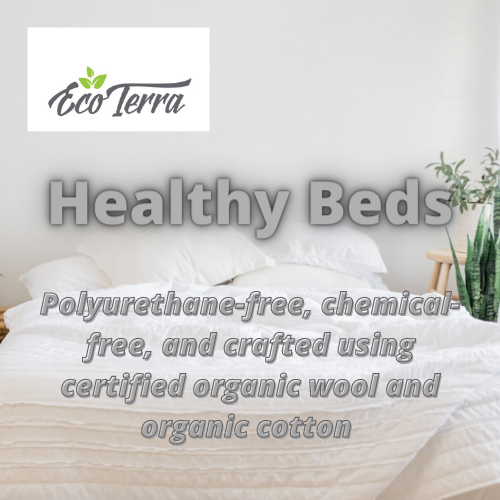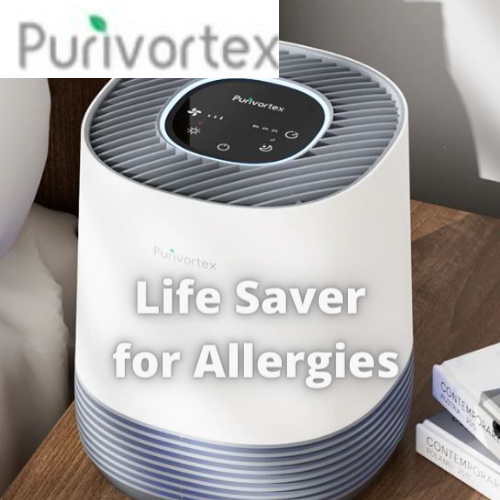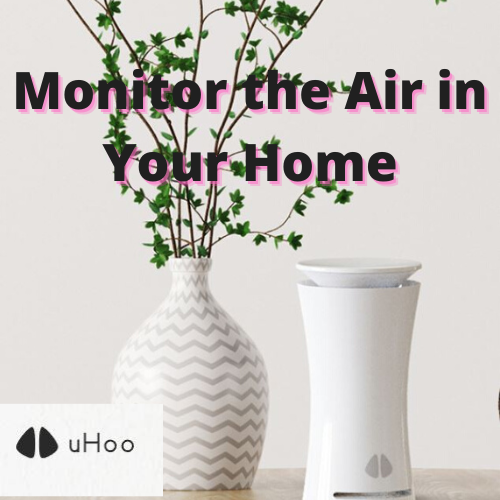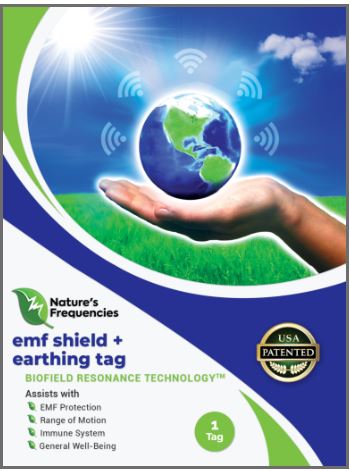I love the aroma and taste of a great cup of coffee. So do many others. The number of wonderful cafes that continue to pop up likely contribute to an increase in the amount of coffee, in all its forms, that we daily imbibe.
In the past few years, I’ve learned some things about coffee that have given me a different perspective. If you drink coffee on a regular basis, it may be good for you or may be bad. I found out that drinking organic coffee can actually have a good impact on your health, if you do it right. Here are some of the things you need to be aware of.
How Coffee is Grown
If you are concerned about toxins you are exposed to, you should know that 97% of coffee beans are heavily sprayed with pesticides, and treated with herbicides, fungicides, and insecticides. These crops are often grown with synthetic fertilizers which can strip the soil of key nutrients. Aside from the toxic residue remaining on the coffee beans, there is chemical run-off into groundwater, contaminating nearby water supplies.
Shade grown coffee is preferable for several reasons. One, coffee plants are shade-loving. Two, for economic reasons of more convenient growing and harvesting, massive amounts of trees are cut down, destroying the habitats of birds, natural pest deterrents. This increases the amount of pesticides needed each growing season.
Buy and drink only organic coffee!
The Effects of Roasting Coffee Beans
When coffee is exposed to high heat as in the process of roasting, a toxic byproduct, acrylamide, is produced. Associated with an increased cancer risk, studies have shown that higher levels are found in lighter roasts and instant coffee. Saying this another way, darker roasts and brewed coffee have been shown to have lower levels of acrylamide.
Ground Coffee vs. Whole Beans
When purchasing coffee from the store for home brewing, it’s not always known how long the coffee has been on the shelf. Peak freshness is 1-2 weeks after roasting. After that, coffee can become rancid, particularly ground coffee. It should have a pleasant aroma and taste fresh.
It’s best to purchase organic whole beans and grind it yourself in just the amount you are consuming when you are ready to brew. The whole beans are more fragrant and flavorful.
When you grind, pair the size coffee grounds with your brewing method – fine for auto-drip, extra fine for espresso, and coarse for French press.
Caffeinated vs. Decaffeinated
Decaffeinated beans still have 3% caffeine. This amounts to 3-18 mg of caffeine which is still much less than regular coffee that measures 140 to 300 mg of caffeine in a cup. Organic caffeinated coffee has been shown to be more effective for health benefits such as a lower risk of liver damage, reduced risk of depression and enhanced athletic performance. Even so, decaffeinated coffee may be preferred for those who get the jitters after one cup of coffee.
When purchasing decaffeinated coffee, look for “naturally processed” which uses a plant hormone or carbon dioxide or Swiss water methods (used with certified organic beans) to remove the caffeine. Other methods may use methyl chloride, a possible carcinogen (listed by the National Cancer Institute) sometimes detected in minute amounts in decaffeinated coffee. It all adds up, though.
Filters for Automatic Drip Coffee Makers
Stay clear of the bright white filters which are chlorine bleached and may contain dioxin, a dangerous disinfection byproduct. Higher quality filters are whitened with oxygen. The non-bleached natural brown coffee filters do not have chlorine that may be extracted from the filter during the brewing process and end up in your coffee.
What You Put in Your Coffee
Adding sugar to coffee will spike insulin levels, contributing to insulin resistance. Non-dairy creamer is a synthetic combination of chemicals, trans fats, genetically engineered soy products, sugar, high fructose corn syrup, additives like MSG, and milk products. Dairy (milk or cream) may interfere with the body’s absorption of beneficial antioxidants.
Drink organic coffee black or add non-dairy alternatives like oat milk, almond milk, or coconut milk. Avoid sugar and artificial sweeteners. Try stevia instead, an herb that does not raise blood glucose levels.
Health Benefits of Coffee
Coffee drinking has been studied for the effects on health, from the type, amount consumed, the age, and existing health conditions. One thing that studies agreed with is that dark roasted whole bean organic coffee, freshly ground and drunk black without sweetener has definite therapeutic benefits.
Research has linked this unadulterated coffee consumption with lower rates of type 2 Diabetes, stroke, heart rhythm problems, Parkinson’s disease, dementia, and types of cancer. Dark coffee could also help with weight reduction and contributing beneficial antioxidants.
Pregnant women should stay away from coffee due to caffeine negative effects on the developing fetus. Even decaffeinated coffee should be avoided.
Enjoy Your Organic Coffee
For more healthy products and holistic practitioner information, please visit our Holistic Directory

About Us
As holistic dentists, we've recommended products and services that supported our patients’ health for decades. In experiencing our own health challenges from mercury toxicity, we worked closely with many natural, alternative, and integrative health practitioners who aided our recovery as well as our patients’. We built this site to provide you with a simple-to-use, comprehensive, informational, and functional resource for your physical, emotional, and spiritual health & well-being.






































